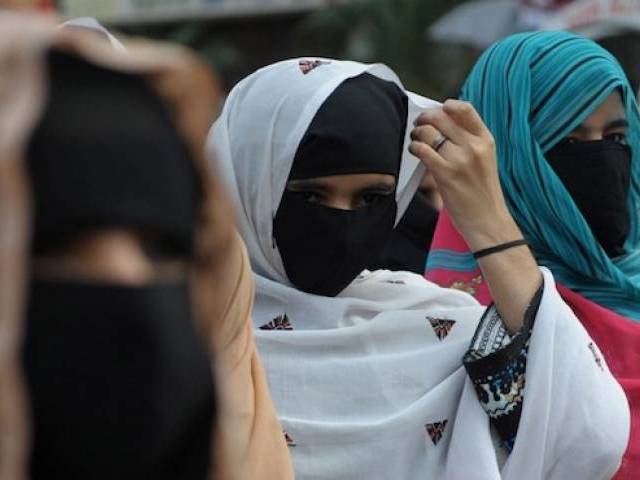
He was speaking at a regional dialogue titled 'Effective Implementation of Pro-Women Laws and Women's Access to Justice', which was organised by the SPO and Aurat Foundation on Wednesday. He said that in 2001, Sindh was the only province to nominate two women as district chairpersons, while five women were nominated in 2005.
Memon said that not a single woman has secured the highest position in the Supreme Court, while only a few women have been appointed as judges in high courts.
Speaking on the occasion, Justice (retd) Majida Rizvi said that the laws passed by the assemblies have supported victims but she urged participants to work vigorously. "We have to change the mindset," she stressed.
According to Sindh Assembly lawmaker Mehtab Akbar Rashdi, women working in public departments need to be protected first. "Government officials don't like to be appointed in departments where they can serve human beings directly, such as the social welfare and women development departments," she said.
Rashdi pointed out that female police stations were established because female victims were not being provided justice by common police stations. "Society is in a very pathetic condition," she said. "There is a great need to sensitise police officials and judges," she said.
"The Sindh Assembly has passed several laws that protect women's rights," said the convener of Women Action Forum, Anis Haroon. She added that it is due to the pressure created by civil society that the government even tabled such laws.
Advocate Mustafa Lakho pointed out that even though the laws exist, a majority of female victims are not fully aware of their rights and the laws that can protect them. "Women don't dare to go against a male-dominated society," he lamented.
Former president of Karachi Press Club Imtiaz Faran remarked that the term 'honour-killing law' must be replaced with ‘terror law’. He added that the number of female journalists should increase so that women's rights issues can be voiced.
SPO project manager Shazia Shaheen talked about how their project to facilitate legal aid workers with knowledge about new and existing laws will strengthen ties with the legal community of different districts across Pakistan. She said that almost 100 lawyers will be trained on the issue of pro-women laws.
"First, women have to present their cases before the police and we are all aware of police station culture," said Uzma Noorani, the managing trustee of Panah shelter. In our culture, she added, a victim does not get justice easily. A female victim should be provided justice with dignity and honour, she urged.
Mussarat Jabeen, the additional secretary of the women development department of Sindh, said that laws related to women rights will need time to be implemented as they are related to the traditional mindset.
Speaking about the laws of harassment at workplaces, she said that around 250 cases have been registered since 2013. She said that women complaint cells have also been established in different districts of Sindh. "Our officials register complaint at these cells," said Jabeen. "We help women with everything from counselling to legal aid."
Published in The Express Tribune, August 12th, 2016.

















COMMENTS
Comments are moderated and generally will be posted if they are on-topic and not abusive.
For more information, please see our Comments FAQ